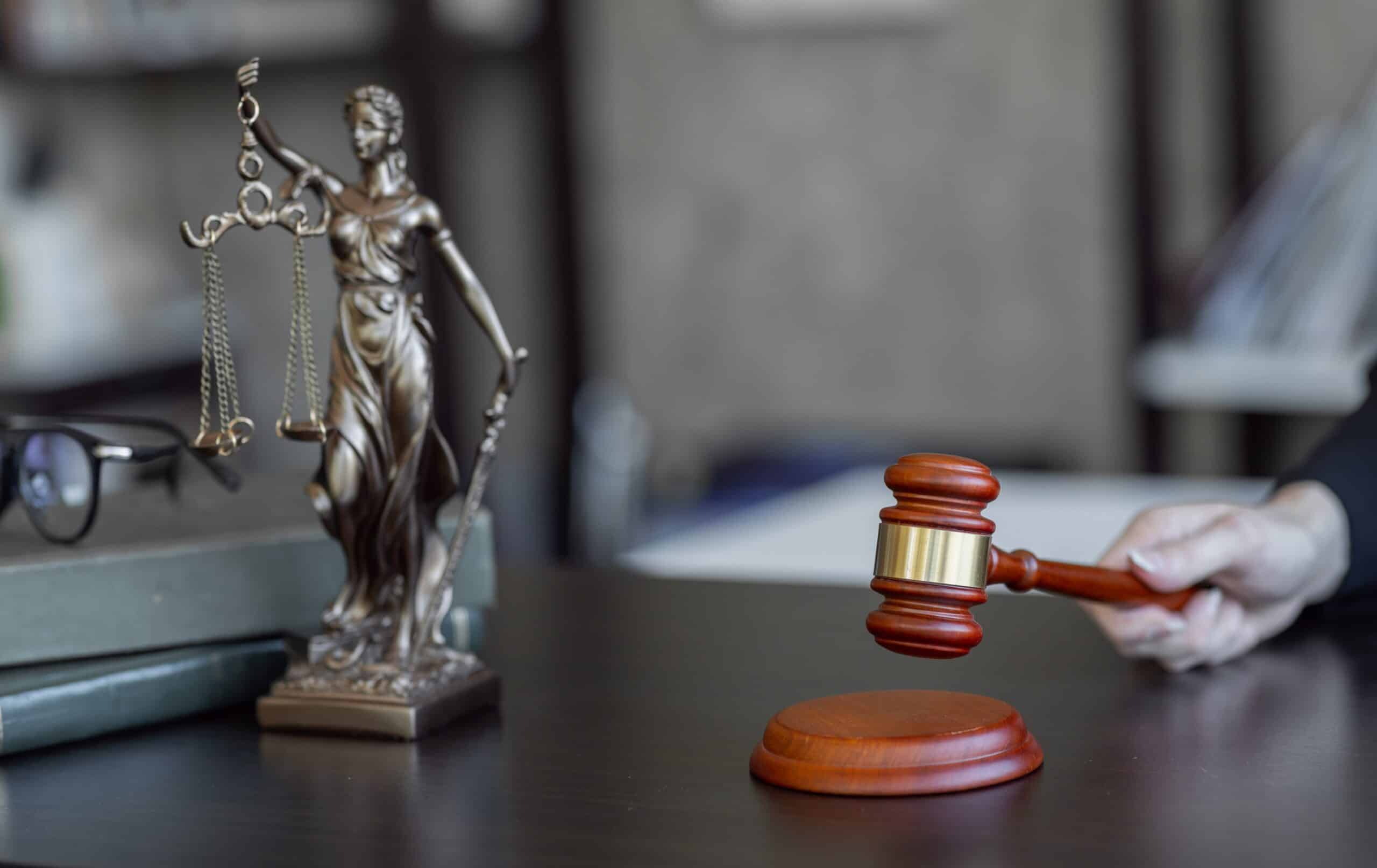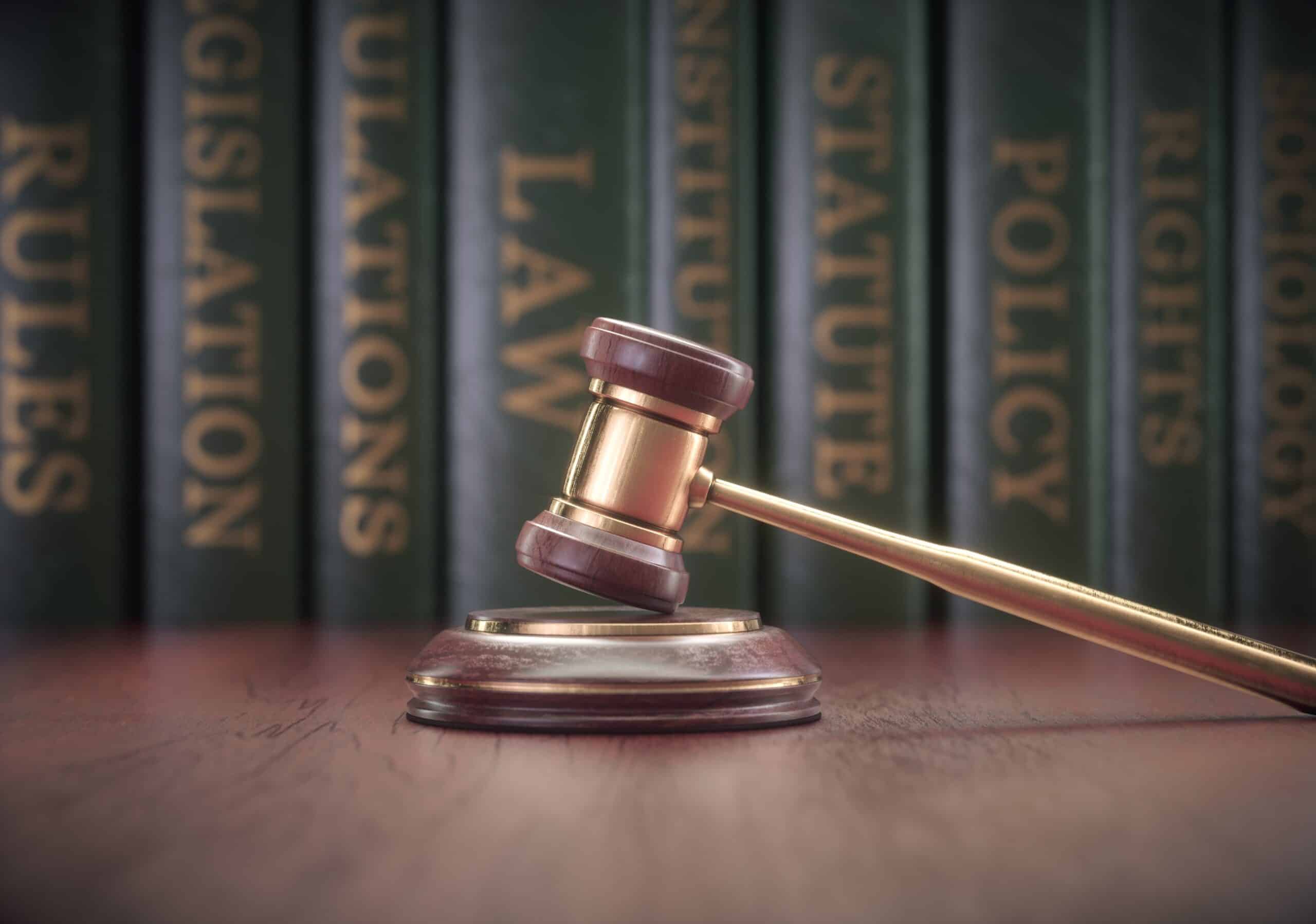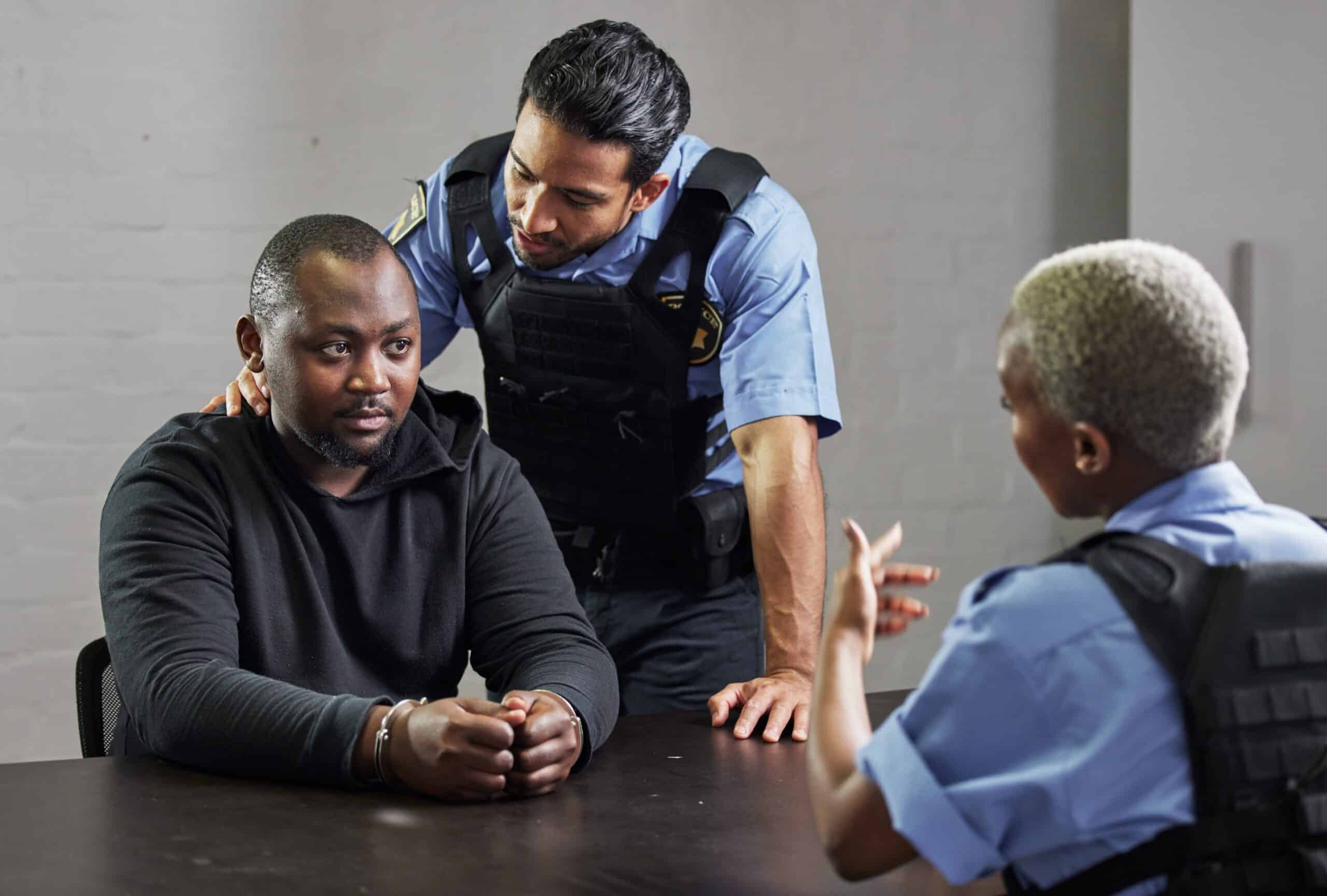5 Reasons Why You Need to Resolve Your IRS Issues Now – Guest Post

Handling tax issues is crucial for financial stability. Ignoring problems with the IRS can lead to serious consequences, from hefty fines to legal troubles. This post explains why resolving your IRS issues as soon as possible is essential. We’ll cover the major reasons to take immediate action and provide insights on handling these challenges efficiently.
Protect Your Financial Health
One of the most pressing reasons to address IRS issues promptly is to avoid escalating penalties. The IRS imposes fines for late payments or unfiled returns, which can quickly add up. The longer you delay, the more you’ll owe. By resolving these issues now, you can prevent these penalties from spiraling out of control.
Unresolved IRS issues can also affect your credit score. The IRS has the authority to file a Notice of Federal Tax Lien against you for unpaid taxes. This lien becomes public record and can significantly damage your credit score, making it harder to secure loans or lines of credit in the future. Addressing your tax problems promptly helps protect your creditworthiness.
Another critical reason to resolve IRS issues is to avoid wage garnishments. If you owe taxes and fail to arrange a payment plan or settle your debt, the IRS can legally garnish your wages. This process involves deducting a portion of your paycheck directly to satisfy your tax debt. Immediate action can prevent this situation, ensuring you have control over your earnings.
Maintain Peace of Mind
Dealing with tax issues can be incredibly stressful. The constant worry of potential penalties, legal actions, or financial instability can take a toll on your mental health. Resolving your IRS problems not only eliminates these stressors but also brings peace of mind, allowing you to focus on other important aspects of your life.
Ignoring IRS issues can lead to serious legal consequences, including criminal charges for tax evasion or fraud. These charges can result in significant fines, court fees, and even imprisonment. By addressing your tax problems now, you can avoid these severe legal repercussions and ensure compliance with tax laws.
Resolving IRS issues allows you to plan your financial future more effectively. When you’re not burdened by unresolved tax problems, you can make informed decisions about budgeting, investments, and savings. This clarity helps you achieve your long-term financial goals with confidence.
Take Advantage of IRS Programs
The IRS offers various programs to help taxpayers resolve their issues. One of these is the installment agreement, which allows you to pay off your debt in manageable monthly installments. Setting up a payment plan can ease the financial burden and help you stay on track with your payments.
In some cases, the IRS may offer penalty abatement, which means they can reduce or eliminate penalties if you meet certain criteria. By addressing your tax issues promptly and demonstrating good faith efforts to comply, you may qualify for these relief programs, reducing the overall amount you owe.
An Offer in Compromise allows you to settle your tax debt for less than the full amount owed. This option is available for taxpayers who cannot pay their full tax liability or doing so would create financial hardship. Exploring this option can provide significant relief and resolve your tax issues more affordably.
Protect Your Assets
If you have unresolved IRS issues, the agency has the power to seize your assets, including bank accounts, property, and other valuable possessions. Addressing your tax problems promptly helps prevent these drastic measures, ensuring your assets remain secure.
The IRS can place liens on your property and levy your bank accounts to collect unpaid taxes. These actions can severely impact your financial stability and ability to access funds. By resolving your IRS issues now, you can avoid these aggressive collection tactics and maintain control over your assets.
For business owners, unresolved tax issues can jeopardize your business operations. The IRS can seize business assets, garnish revenue, and impose liens that hinder your company’s growth and reputation. Resolving your tax problems promptly protects your business interests and ensures continued success.
Build a Positive Relationship with the IRS
Resolving your IRS issues promptly shows that you are committed to complying with tax laws. This proactive approach can improve your standing with the IRS and make future interactions smoother. Demonstrating compliance helps build a positive relationship with the IRS, which can be beneficial if you face any tax-related questions or audits in the future.
Addressing your tax issues requires clear and open communication with the IRS. By engaging with them early and often, you can better understand your obligations and work together to find solutions. Effective communication fosters a cooperative relationship that can be advantageous if you need assistance or face additional tax challenges later.
Seeking professional assistance from tax advisors or attorneys can make resolving IRS issues more manageable. These experts can guide you through the process, ensuring you meet all requirements and take advantage of available relief programs. Building a positive relationship with the IRS, with the help of professionals, enhances your ability to manage your taxes confidently.
Final Thoughts
Taking immediate action to resolve IRS issues is crucial for protecting your financial health, maintaining peace of mind, and securing your future. By addressing your tax problems now, you can avoid escalating penalties, safeguard your credit score, and prevent wage garnishments. Additionally, resolving IRS issues allows you to take advantage of relief programs, protect your assets, and build a positive relationship with the IRS. Don’t wait any longer – take steps today to resolve your IRS issues and ensure a stable financial future. For more information and personalized assistance, consider consulting with reputable IRS attorneys who can guide you through the process, such as those from IRS Trouble Solvers, LLC.























Recent Comments